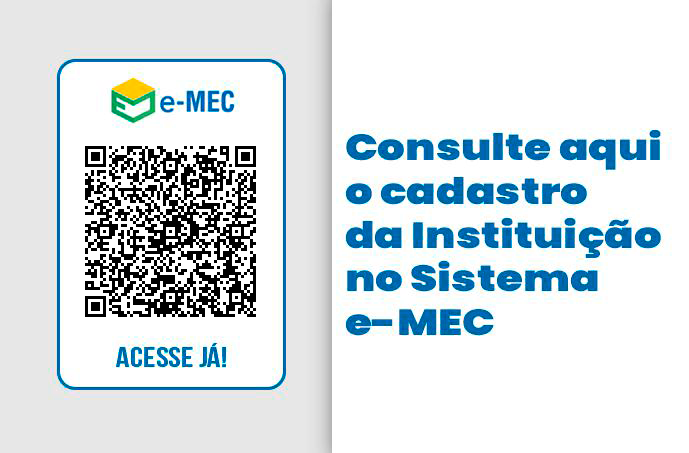International Visitors
The Universidade Federal do Recôncavo da Bahia (UFRB) was created in a region that carries a rich history of cultural encounters, contradictions and exchanges. UFRB is part of this history and recognizes itself as such, because it is the result of the aspirations and mobilizations of local communities. Therefore, it is also heir of the cultural traditions of resistance from the people of the Recôncavo. But, as a place shared by encounters and diversity, the Recôncavo has always been a fertile terrain for inventions and reinventions. So, it is not by chance that one of UFRB’s first commitments is the invention of another perspective of development that promotes improvement in the quality of people’s lives and that foments the full exercise of their human capacities.
Founded in 2005, UFRB campuses are located in the cities of Amargosa, Cachoeira, Cruz das Almas, Feira de Santana, Santo Amaro, Santo Antônio de Jesus and São Félix. In a region of great historical and cultural significance to Brazil, UFRB is an expression of knowledge for this place, having social inclusion and academic excellence as goals, where knowledge is seen as an instrument for the promotion of equality and strengthening of the people and society.
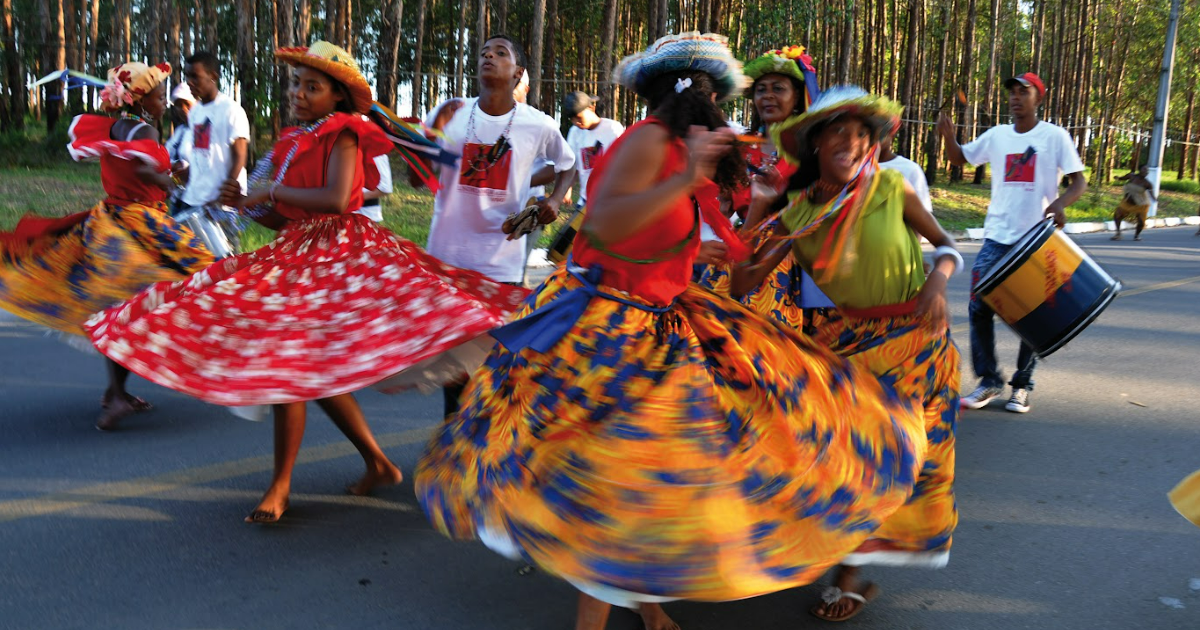
In portuguese, the word “Recôncavo” is used to refer to the ground around any bay. In Brazil, it became vinculated to the region that surrounds the Baía de Todos os Santos. When the Portuguese monarchy decided to definitively occupy the territory that later would be named Brazil, the Recôncavo was the first region to be systematically colonized.
In 1549, when the city of Salvador was founded, the idea was to build a fortress city that could support the occupation of the territory, following the course of the great Paraguaçu, Jaguaripe and Subaé rivers. The first villagers settled close to the shoals formed on the banks of these rivers, especially where navigation was possible . Later, the settlements gave origin to the cities of Cachoeira, São Félix, São Francisco do Conde, Maragojipe, Santo Amaro, Jaguaripe and Nazaré das Farinhas.
When the first waves of Portuguese settlers arrived in the region, they encountered diverse indigenous peoples and cultures. Their crossing contributed profoundly to the cultural formation of the Recôncavo: traits of indigenous culture are present in eating habits, religiosity and customs, as well as in the names Muritiba, Murutuba, Capivari, Paraguaçu and Iguape, which, still today, identify the local topography.
The Africans came later. The meeting of ethnicities, languages, customs and religiosity took place in the Recôncavo, and was later repeated in other places of Brazil. In the region, they created alliances and established cultural exchanges that shaped the ways of living and feeling of local people.
By the end of the nineteenth century, Africans and their descendants already represented the majority of the population in the Recôncavo - nearly 70 percent of the local population were black and mestizo. Here exuberant forms of Afro-Brazilian Catholicism emerged. The feasts of saints, gods and goddesses are animated with lots of music, dancing, food and drinks, because popular Catholicism has incorporated an important feature of African religious traditions: the celebration of life.
It was in this region where different African, Indigenous and Portuguese peoples met that a culturally complex and diverse society emerged. This cultural encounter took place in a context of social conflicts and inequalities. The diversity of this encounter - not always friendly - is still present today in the ways of living and in the beliefs of the local people. Thus, the legacy of the fight against intolerance is also a cultural trait of the peoples who formed the society of the Recôncavo.
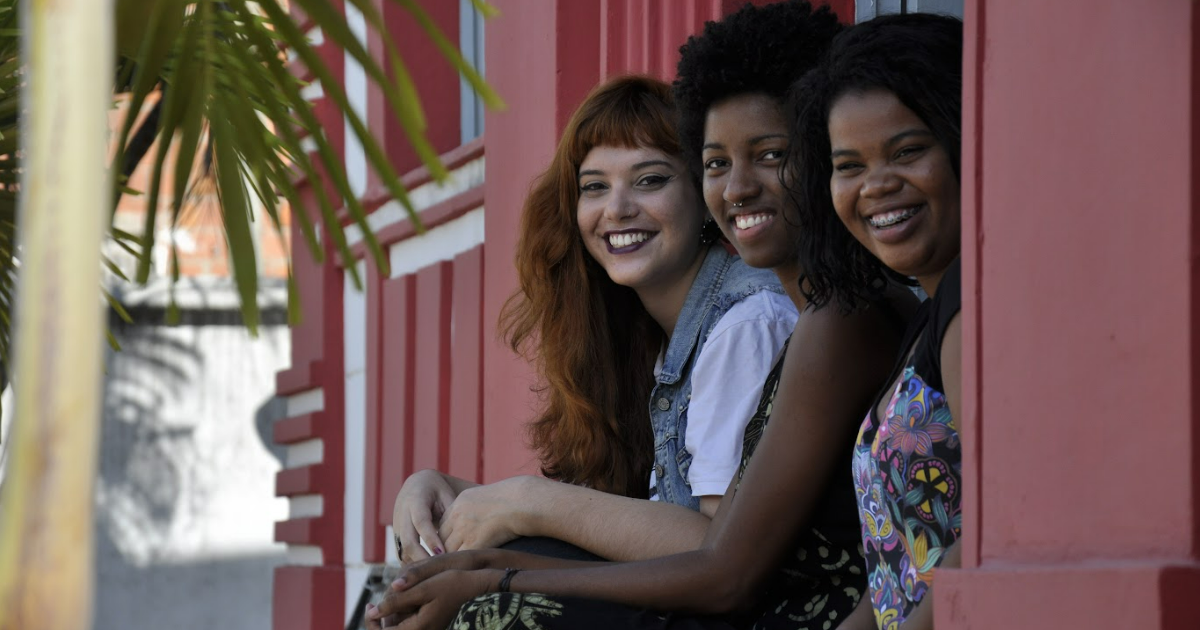
| Course | Degree | Center | City |
|---|---|---|---|
| Agronomic Engineering | Bachelor | CCAAB | Cruz das Almas |
| Animal Science | Bachelor | CCAAB | Cruz das Almas |
| Bachelors in Mathematics | Bachelor | CETEC | Cruz das Almas |
| Biology | Bachelor | CCAAB | Cruz das Almas |
| Biology | Licenciate | CCAAB | Cruz das Almas |
| Chemistry | Licenciate | CFP | Amargosa |
| Civil Engineering | Bachelor | CETEC | Cruz das Almas |
| Computer Engineering | Bachelor | CETEC | Cruz das Almas |
| Electrical Engineering | Bachelor | CETEC | Cruz das Almas |
| Energy and Sustainability interdisciplinary | Bachelor | CETENS | Feira de Santana |
| Exact and Technological Science | Bachelor | CETEC | Cruz das Almas |
| Film and Media | Bachelor | CAHL | Cachoeira |
| Fishery Engineering | Bachelor | CCAAB | Cruz das Almas |
| Forest Engineering | Bachelor | CCAAB | Cruz das Almas |
| History | Licenciate | CAHL | Cachoeira |
| Interdisciplinary Bachelors in Culture, Languages, and Applied Technologies | Bachelor | CECULT | Santo Amaro |
| Interdisciplinary Bachelors in Health | Bachelor | CCS | Santo Antônio de Jesus |
| Languages, Libras and Foreign Language | Licenciate | CFP | Amargosa |
| Mathematics | Licenciate | CFP | Amargosa |
| Mathematics (Online Education) | Bachelor | CETEC | Cruz das Almas |
| Mechanical Engineering | Bachelor | CETEC | Cruz das Almas |
| Medicine | Bachelor | CCS | Santo Antônio de Jesus |
| Museology | Bachelor | CAHL | Cachoeira |
| Nursing | Bachelor | CCS | Santo Antônio de Jesus |
| Nutrition | Bachelor | CCS | Santo Antônio de Jesus |
| Pedagogy | Licenciate | CFP | Amargosa |
| Philosophy | Licenciate | CFP | Amargosa |
| Physical Education | Licenciate | CFP | Amargosa |
| Physics | Licenciate | CFP | Amargosa |
| Psychology | Bachelor | CCS | Santo Antônio de Jesus |
| Public Management | Bachelor | CAHL | Cachoeira |
| Publicity and Propaganda | Bachelor | CAHL | Cachoeira |
| Rural Education with habilitation in Agricultural Sciences | Licenciate | CFP | Amargosa |
| Rural Education with habilitation in Mathematics and Natural Sciences | Licenciate | CETENS | Feira de Santana |
| Sanitary and Environmental Engineering | Bachelor | CETEC | Cruz das Almas |
| Social Communication - Journalism | Bachelor | CAHL | Cachoeira |
| Social Sciences | Bachelor | CAHL | Cachoeira |
| Social Sciences | Licenciate | CAHL | Cachoeira |
| Social Service | Bachelor | CAHL | Cachoeira |
| Technology in Agroecology | Technical | CCAAB | Cruz das Almas |
| Technology in Management of Cooperatives | Technical | CCAAB | Cruz das Almas |
| Veterinary Medicine | Bachelor | CCAAB | Cruz das Almas |
| Visual Arts | Bachelor | CAHL | Cachoeira |
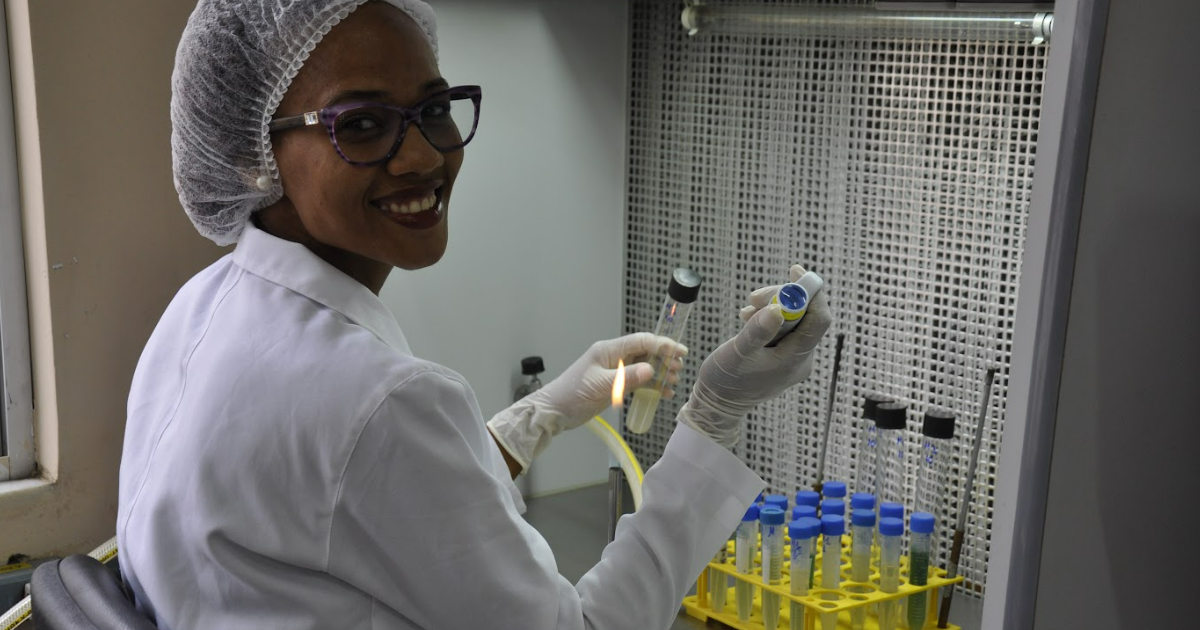
| Course | Degree | Center | City |
|---|---|---|---|
| Agricultural Engineering | Master | CCAAB | Cruz das Almas |
| Agricultural Engineering | Doctoral | CCAAB | Cruz das Almas |
| Agricultural Microbiology | Master | CCAAB | Cruz das Almas |
| Agricultural Sciences | Master | CCAAB | Cruz das Almas |
| Agricultural Sciences | Doctoral | CCAAB | Cruz das Almas |
| Animal and Plant Protection | Professional Master | CCAAB | Cruz das Almas |
| Animal Science | Master | CCAAB | Cruz das Almas |
| Archeology and Cultural Heritage | Master | CAHL | Cachoeira |
| Communication | Master | CAHL | Cachoeira |
| Farming Defense | Professional Master | CCAAB | Cruz das Almas |
| History of African, Diaspora and Indigenous People | Master | CAHL | Cachoeira |
| Mathematics | Professional Master | CETEC | Cruz das Almas |
| Plant Breeding and Genetic Resources | Master | CCAAB | Cruz das Almas |
| Public Policy Management and Social Security | Professional Master | CCAAB | Cruz das Almas |
| Rural Education | Professional Master | CFP | Amargosa |
| Social Policy and Territories | Master | CAHL | Cachoeira |
| Social Sciences | Master | CAHL | Cachoeira |
| Soil and Ecosystem Quality | Master | CCAAB | Cruz das Almas |
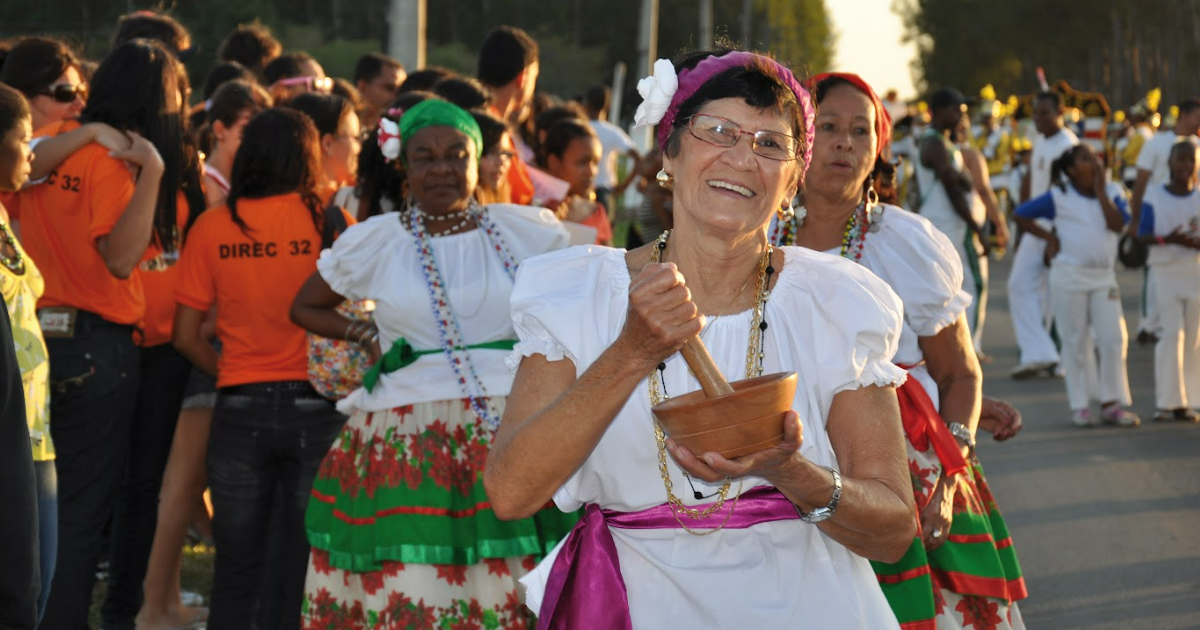
Extension is developed at UFRB as an interaction link with the society, in which academic knowledge meets with other forms of knowledge-making. From a dialogical stance, it aims at forming more qualified and engaged students.
UFRB seeks to intensify university extension by integrating it with other higher education policies. Therefore, extension should provide an interdisciplinary approach, enabling the interaction between technical, ecological, social, economic, cultural and political knowledge, helping to promote development, with special priority in the Recôncavo region.
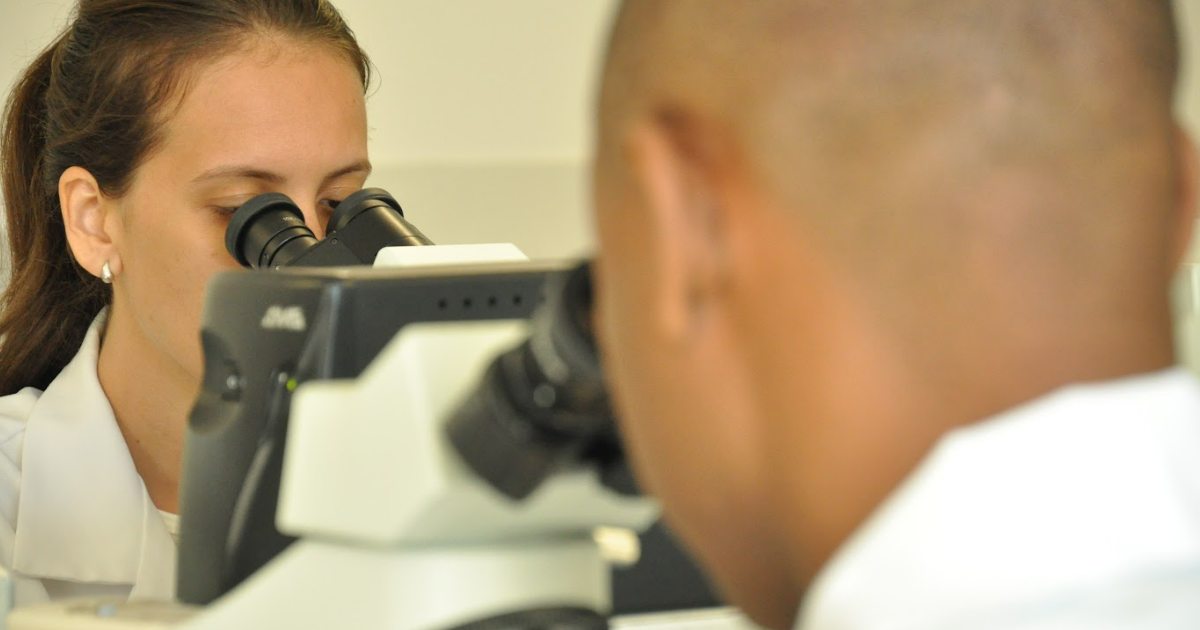
Scientific research and the generation of knowledge play a key role both in the quality of education and in the regional development. The consolidation of research, technology and innovation adds value to the processes, products and services, setting the knowledge in favor of scientific advancement and social inclusion.
UFRB understands that universities should be a reference in research within the social context, becoming, therefore, a creative center for the community in which it is located. As a consequence, it stimulates the presence and the performance of researchers in the Recôncavo region of Bahia.
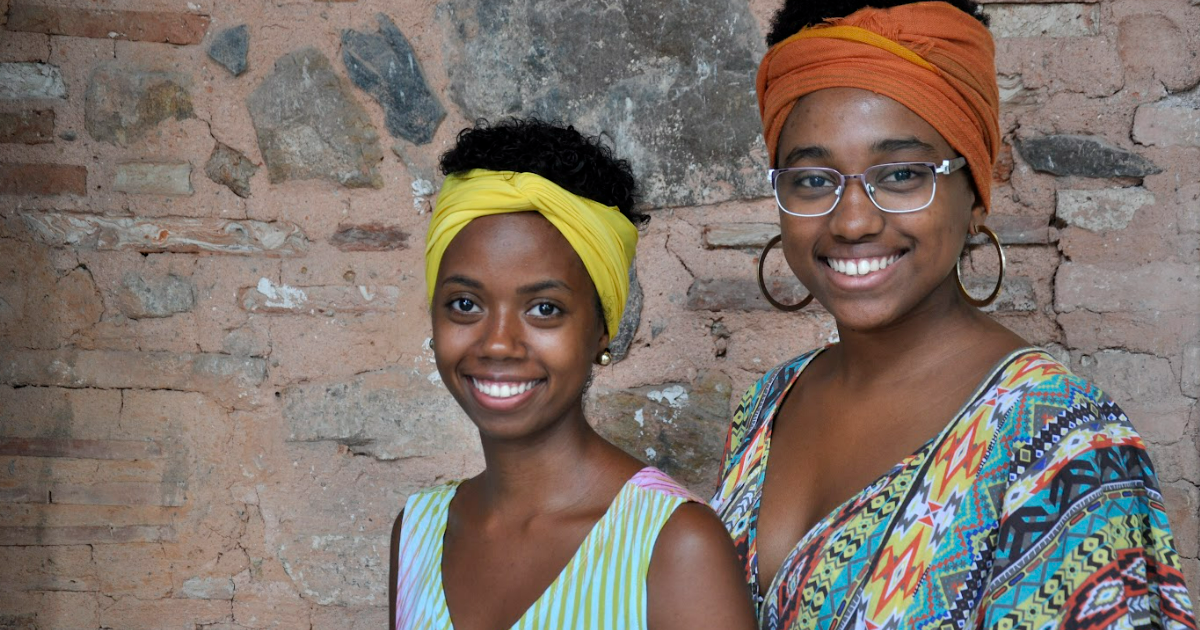
Affirmative actions start from the recognition of the plurality of the society, understanding that all social groups that constitute it have the right of access to public and institutional policies that promote equity.
UFRB made a commitment to assure the access, the permanence and the post-permanence of students from public schools, who declare themselves to be black or mestizo, indigenous or indigenous-descendants, and remnants of quilombos, through the institutional policy of affirmative actions. The principles of this policy are: co-responsibility, mutualism, solidarity and protagonism.
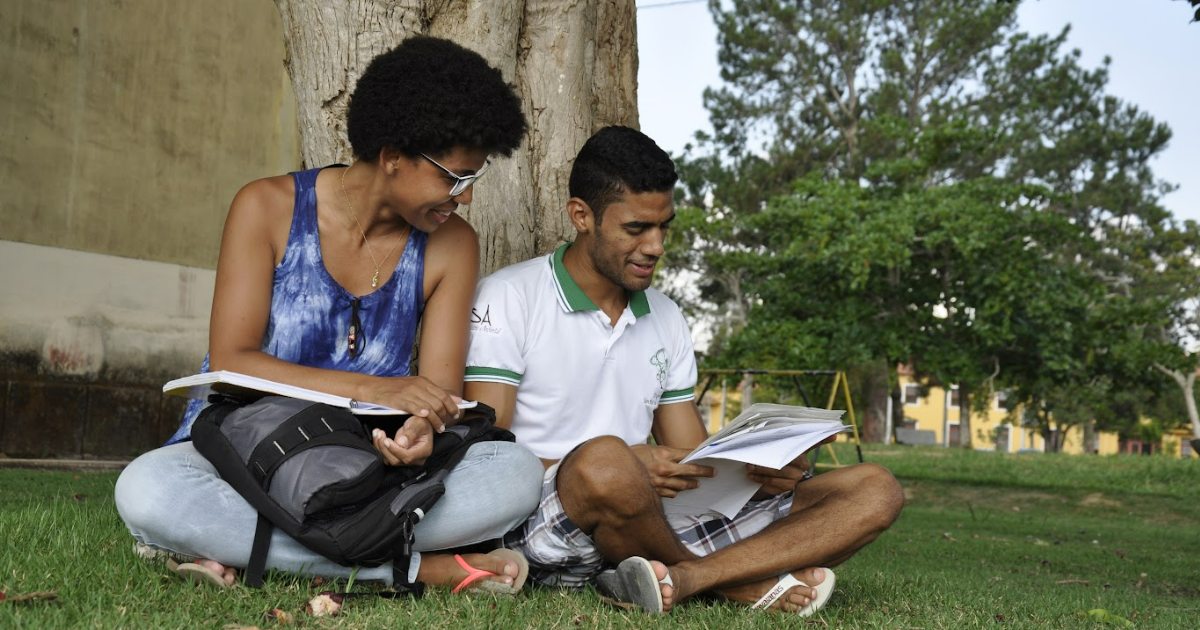
| Partner | Country |
|---|---|
| Australian Percussion Academy | Australia |
| University of Bayreuth | Germany |
| Universidad Nacional de Avellaneda | Argentina |
| Université Catholique de Louvain | Belgium |
| Universidad de Concepción | Chile |
| Universidad Zamorano | Honduras |
| Universidad Autónoma Chapingo | Mexico |
| Royal Botanic Gardens - Kew | United Kingdom |
| Control and Safety Foundation | United States of America |
| Universidade de Santiago de Compostela | Spain |
| Universidad de Murcia | Spain |
| Universidad de Artemisa | Cuba |
| Universidade Pedagógica | Mozambique |
| UniZambeze | Mozambique |
| Instituto Politécnico de Bragança | Portugal |
| Universidade Aberta de Portugal | Portugal |
| Universidade de Lisboa | Portugal |
| Université Téluqniversité Téluq | Canada |
| Universidade de Trás-os-Montes e do Alto Douro | Portugal |
| Universidade do Minho | Portugal |
If you would like to speak to UFRB, please use the contact details below:
+55 75 3621-5315
Rua Rui Barbosa, 710 - Centro - Cruz das Almas/BA - 44.380-000
